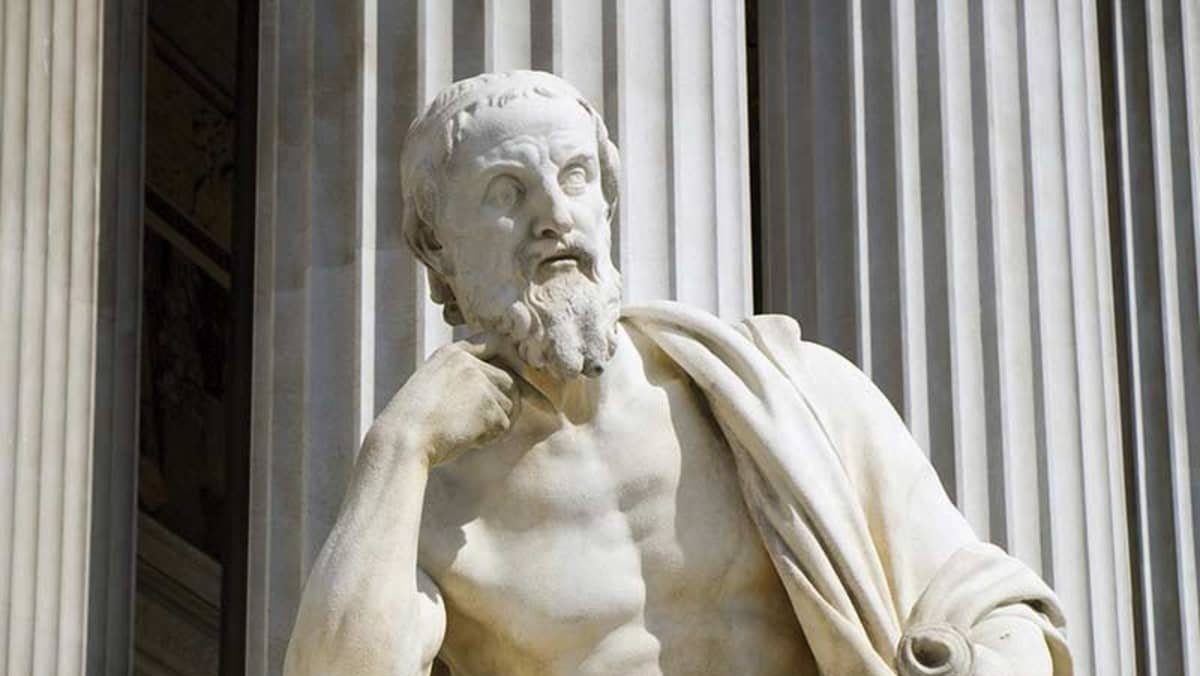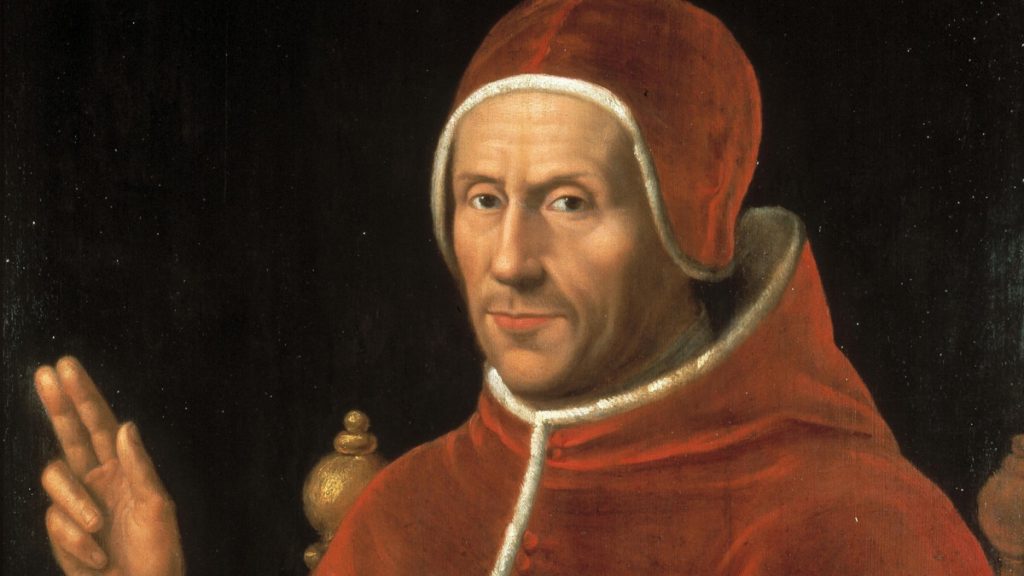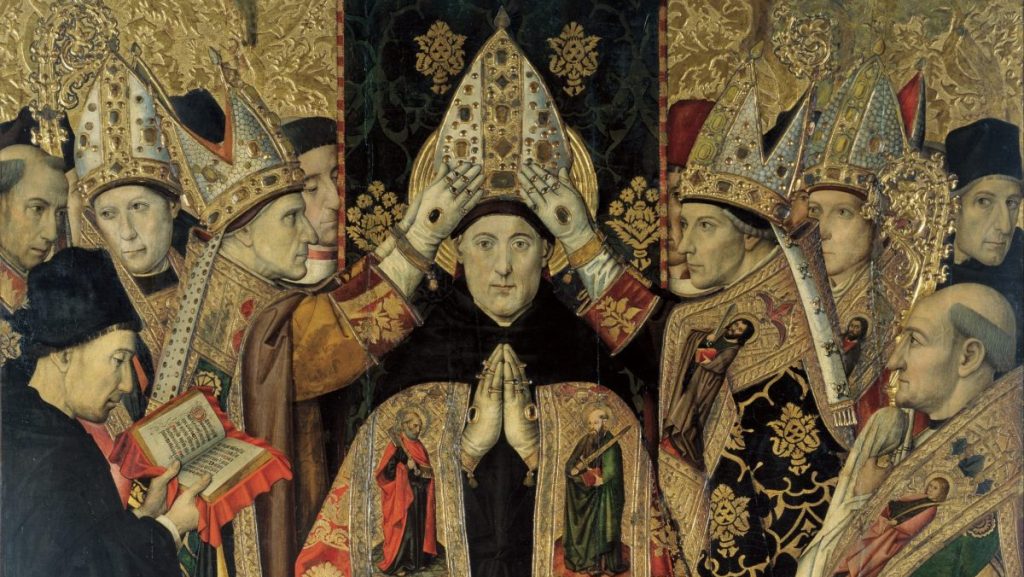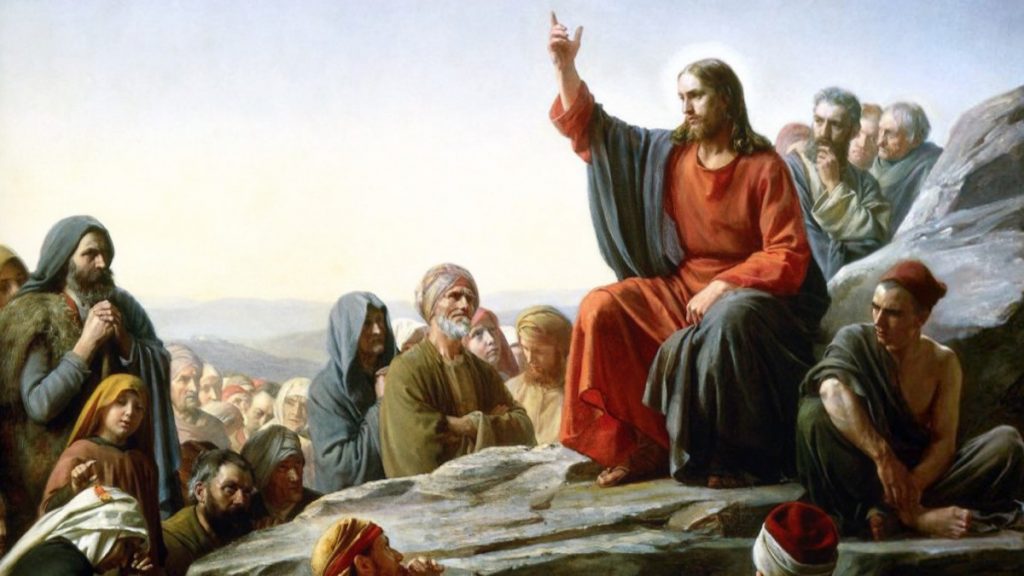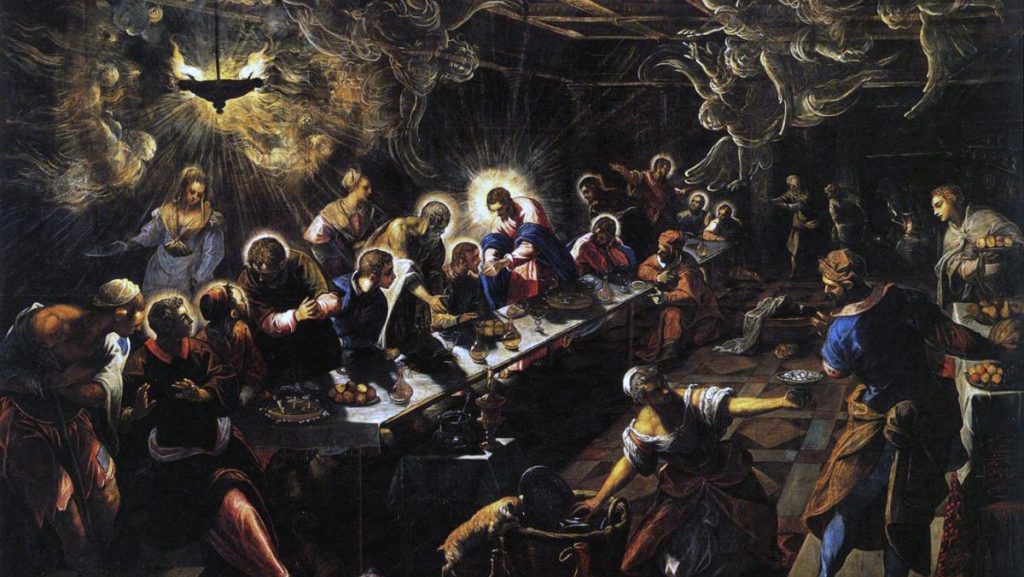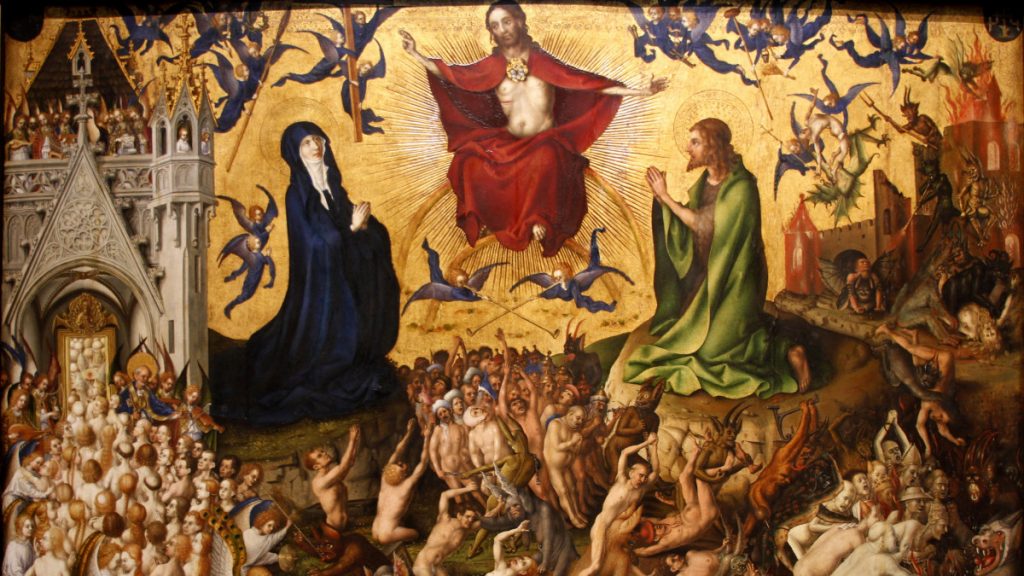(Updated June 24, 2025)
Polybius (c. 200-c. 118 BC) was a Greek historian and statesmen who is famous for writing about the rise of the Roman Republic as the dominant power in the Mediterranean.
Next to each quote are the Topic Quote Archives in which they are included.
This Quote Archive is being continuously updated as research continues. Quotes marked with “***” have not yet been organized into their respective Topic Quote Archives.
Books
The Histories
(Book 1, §§1-4)1 ***
(§1) If earlier historians had failed to eulogize history itself, it would, I suppose, be up to me to begin by encouraging everyone to occupy himself in an open-minded way with works like this one, on the grounds that there is no better corrective of human behavior than knowledge of past events. But in fact it is hardly an exaggeration to say that all of my predecessors (not just a few) have made this central to their work (not just a side issue), by claiming not only that there is no more authentic way to prepare and train oneself for political life than by studying history, but also that there is no more comprehensible and comprehensive teacher of the ability to endure with courage the vicissitudes of Fortune than a record of others’ catastrophes.
Obviously, then, the general principle that no one should feel obliged to repeat what has often been well said before is particularly pertinent in my case. For the extraordinary nature of the events I decided to write about is in itself enough to interest everyone, young or old, in my work, and make them want to read it. After all, is there anyone on earth who is so narrow-minded or uninquisitive that he could fail to want to know how and thanks to what kind of political system almost the entire known world was conquered and brought under a single empire, the empire of the Romans, in less than fifty-three years—an unprecedented event? Or again, is there anyone who is so passionately attached to some other marvel or matter that he could consider it more important than knowing this?
(§2) The extraordinary and spectacular nature of the subject I propose to consider would become particularly evident if we were to compare and contrast the most famous empires of the past—the ones that have earned the most attention from writers—with the supremacy of the Romans…3 | 4 The Romans, however, have made themselves masters of almost the entire known world, not just some bits of it, and have left such a colossal empire that no one alive today can resist it and no one in the future will be able to overcome it. My work will make it possible to understand more clearly how the empire was gained, and no reader will be left in doubt about the many important benefits to be gained from reading political history.
(§3) …Before this time, things happened in the world pretty much in a sporadic fashion, because every incident was specific, from start to finish, to the part of the world where it happened. But ever since then history has resembled a body, in the sense that incidents in Italy and Libya and Asia and Greece are all interconnected, and everything tends towards a single outcome. That is why I have made this period the starting point of my treatment of world events. For once the Romans had defeated the Carthaginians in the Hannibalic War, they came to think that they had completed the largest and most difficult part of their project of worldwide dominion, and so that was the first time when they ventured to reach out for what was left—to cross over with an army to Greece and Asia.
Now, if we were familiar and acquainted with the states that disputed universal rulership with each other, there would, I suppose, have been no need for me to go back in time and describe what their 4 | 5 goals and resources were when they took on such an immense task. But since most Greeks are unfamiliar with the past history—the resources and achievements—of either Rome or Carthage, I felt obliged to preface my history with this and the following book, to make sure that no one would have to interrupt his absorption in my account of events to wonder and inquire what the Romans’ intentions were, or what forces and resources they had, when they committed themselves to this enterprise, which has given them dominion over all the land and sea in our part of the world. By means of these two books and the introduction they contain, I hope to make it clear to any reader that the whole process, from formulation of plans to their fulfillment in imperial rulership over the whole world, was based on very reasonable grounds.
(§4) The point is that the distinctive feature of my work (which is at the same time the remarkable feature of our epoch) is this: Fortune has turned almost all the events of the known world in a single direction and has forced everything to tend towards the same goal [implications for the Gospel and the Advent of Our Lord]. A historian, then, should use his work to bring under a single conspectus for his readers the means by which Fortune has brought everything to this point. In fact, it was this in particular that originally prompted me to set about writing history—and then also the fact that no one else in our times has attempted to write a universal history, because otherwise I would have been far less inclined to do so. But I saw that most historians had concerned themselves with particular wars and with certain of the events that went along with them, while no one, as far as I knew, had even attempted to investigate the general, comprehensive organization of events, in the sense of asking when and why this scheme of things started, and how it was realized. And so I came to believe that it was absolutely essential for me not to overlook or leave in obscurity the finest thing Fortune has ever achieved, and the one from which we can learn most. For although Fortune is a constant presence in people’s lives, and though it is often creative, never before has it produced such an accessible piece or put on the kind of performance that it has in our time.
(Book 6, §18)2
(§18) To a considerable extent, then, each of the three components of the Roman constitution can harm or help the other two. This enables the whole made up of all three parts to respond appropriately to every situation that arises, and that is what makes it the best conceivable system of government. For example, when a general threat from abroad forces the three estates to cooperate and collaborate, the state gains extraordinary abilities. First, since everyone competes to devise ways to combat the emergency, and everyone cooperates in their public and private capacities to complete the task at hand, there is no contingency that it is incapable of meeting; second, decisions are made and acted on extremely promptly. This gives the Roman state its characteristic feature: it is irresistible, and achieves every goal it sets itself. 384 | 385
Or again, suppose the external threat has been dealt with and, as a result of their victory, they enjoy prosperity and a life of ease and plenty; and suppose that this gradually goes to their heads, and that idleness leads, as it usually does, to arrogance and presumption. Under these circumstances, the way the state helps itself from its own resources would become particularly clear. For suppose one of the estates, thanks to an inflated impression of its own importance, pushes itself forward and tries to gain the upper hand over the others—well, clearly none of them does get inflated or presumptuous, because none of them is self-sufficient, as I have just been explaining, and the designs of each of them can be effectively counteracted and hampered by the others. Everything remains in its assigned place, then, either because its impetus is checked, or because right from the start it is afraid of being curbed by the others.
(Book 6, §§56-57)3
The Superiority of the Roman to the Carthaginian Constitution, the Role of Religion in Rome, and a Prediction of Its Eventual Fall
(§56) Another area in which Roman laws and customs are superior to those of Carthage is in their attitude towards money. In Carthage, nothing that leads to profit is considered disgraceful, where in 410 | 411 Rome nothing is more disgraceful than accepting a bribe or seeking to profit from shady transactions. Precisely because the Romans see nothing wrong with making money by respectable means, they condemn profiting by disreputable means. The difference is clear: in Carthage, candidates for office openly bride the electorate, whereas in Rome the penalty for this is death. Given the completely different attitudes in the two states towards rewarding virtue, it is no surprise that the amount of effort people in each place devote to gaining such rewards is different too.
But the respect in which, in my opinion, the Roman constitution is most markedly superior is in its view of the gods. It seems to me that superstition, which we criticize in other people, is precisely what gives the Roman state its cohesion. In Rome, nothing plays a more elaborate or extensive role in people’s private lives and in the political sphere than superstition. Many of my readers might find this strange, but it seems to me that it has been done for the sake of the common people. In a state of enlightened citizens, there would presumably be no need for such a course. But since the common people everywhere are fickle—since they are driven by lawless impulses, blind anger, and violent passion—the only option is to use mysterious terrors and all this elaborate drama to restrain them.
I very much doubt that the men who in ancient times introduced the masses to the idea of the gods and the concept of Hades just happened aimlessly to do so; on the contrary, those nowadays who want to abolish religion are acting far more thoughtlessly and foolishly, I would say. And, apart from other consequences, that is why a Greek statesman cannot be trusted with even just a talent; that is enough to corrupt him, along with ten accountants and their seals, and twice as many witnesses. Roman statesmen and diplomats, however, handle enormous sums of money in the course of their official duties, but always behave with propriety because they feel bound by the oath they have pledged. Although elsewhere it is rare to find a man who has not sullied himself with public money, in Rome one rarely hears of anyone caught embezzling.
(§57) I hardly need to argue that every existing thing is subject to decay and decline: the inescapable facts of nature are convincing 411 | 412 in themselves. Where states are concerned, there are two kinds of natural agent that may be responsible for their decline, one external, the other innate. External agencies are too indeterminate to be studied with any certainty, but internal decline is capable of orderly study. I have already stated the sequence in which the various constitutions develop and how they change into one another, and anyone who is capable of drawing conclusions from premises should by now be in a position to predict the future.
I think there can be no doubt what lies in the future for Rome. When a state has warded off many serious threats, and has come to attain undisputed supremacy and sovereignty, it is easy to see that, after a long period of settled prosperity, lifestyles become more extravagant, and rivalry over political positions and other such projects becomes fiercer than it should be. If these processes continue for very long, society will change for the worse. The causes of the deterioration will be lust for power combined with contempt for political obscurity, and personal ostentation and extravagance. It will be called a democratic revolution, however, because the time will come when the people will feel abused by some politicians’ self-seeking ambition, and will have been flattered into vain hopes by others’ lust for power. Under these circumstances, all their decisions will be motivated by anger and passion, and they will no longer be content to be subject or even equal to those in power. When this happens, the new constitution will be described in the most attractive terms, as “freedom” and “democracy,” but in fact it will be the worst of all constitutions, mob-rule.
